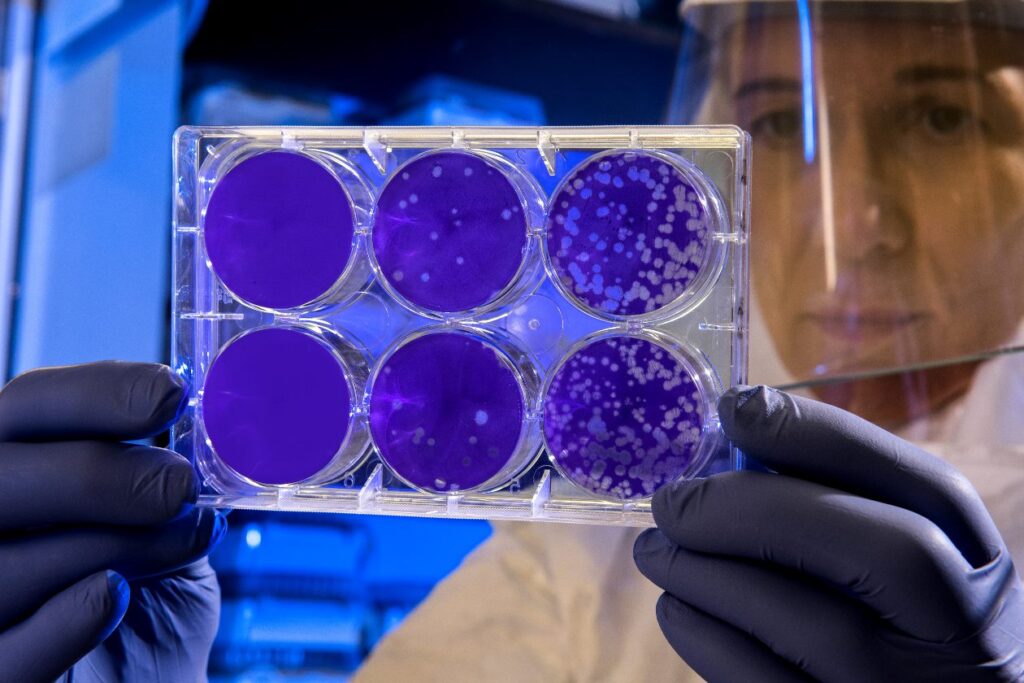Antimicrobial resistance (AMR) is killing tens of thousands of Americans and millions worldwide – meaning it is not a future problem, but already a crisis. Furthermore, if science doesn’t stay ahead and policymakers do not act, “we will quickly return to a world where any infection can be life-threatening, and every surgery poses the risk of death because of drug-resistant infections.”
Those are the conclusions of the Progressive Policy Institute’s (PPI) latest report “The World Needs Better Incentives to Combat Superbugs,” published Tuesday.
Noting that the AMR crisis has been significantly exacerbated by antibiotics overuse and poor infection control during the COVID-19 pandemic, PPI Director of Health Care Arielle Kane and VP and Chief Economist Michael Mandel compiled several recommendations to address the AMR issue.
Overuse is the key reason behind the AMR. However, as the report points out, “about 80% of antibiotics used in the US aren’t used by humans, but by livestock,” prophylactically in most cases, which contributes to superbugs’ presence in the food and water supply.
Another ‘abusers’ of antibiotics are farmers which even received permission from the Environmental Protection Agency (EPA) to use antibiotics and controversial bactericides on their trees despite the fact that “using medical-grade antimicrobials increases the risk that pathogens develop resistance to these treatments in soil, water, and eventually humans.”
PPI’s report recommends tightening restrictions on antimicrobial use in agriculture based on an informed decision by the USDA which “should collect data on antimicrobial use,” “better surveillance methods to monitor for drug-resistant pathogens before they spread to humans through contaminated meat or food,” and banning farmers from using “medically important” antimicrobials “to limit the development of resistant pathogens for commonly used treatments.”
With regard to antibiotics’ “overuse and misuse in medicine”, the report recommends that policymakers “improve diagnostics, update stewardship guidelines, and refine quality metrics.”
The report also underscores bad incentives (or the lack of incentives) for developing new antimicrobials among other issues, recommending several things that might encourage more investment.
More funding required for incentives
Health and Human Services (HHS) Secretary Xavier Becerra also urged increased funding for combating AMR during the World AMR Congress, which took place last week in Washington, D.C, as we reported.
According to the Biotechnology Innovation Organization’s (BIO) Director of Infectious Disease Policy Emily Wheeler, while Secretary Becerra did not expressly support The PASTEUR Act (a BIO priority), he did signal government support for combating AMR by including PASTEUR-like wording in President Biden’s FY23 budget proposal.
As per PPI’s report, “the PASTEUR Act has now been folded into CURES 2.0, a larger package to establish a new health research agency and generally accelerate the delivery of new therapies.”
Back in July, Bio.News wrote about the World Health Organization’s (WHO) urgent call for better use of existing vaccines and on its “first-ever report on the pipeline of vaccines to prevent infections caused by resistant bacterial pathogens.”
The WHO emphasized the need to accelerate trials in late-stage development as powerful tools to prevent infections in the first place.




